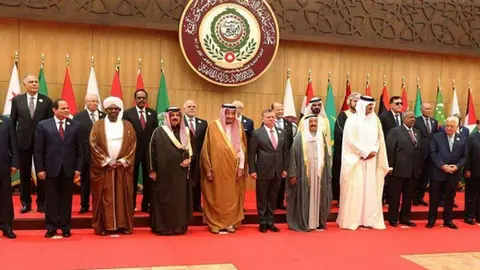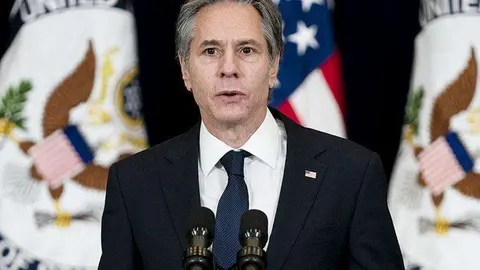Gulf states forge separate paths in the changing geopolitical landscape

Gulf states have followed different paths following the reconciliation of the 2021 Al-Ula Summit. Saudi Arabia and the UAE have focused on formulating their own policies and alliances, while Qatar has aligned itself closely with the US. The summit marked the end of the diplomatic and economic boycott against Qatar, allowing countries to pursue their own interests while maintaining minimal common ground.
The UAE has taken the lead in reintegrating Syrian President Bashar al-Assad into the Arab world and improving relations with Iran and Turkey. Saudi Arabia hosted al-Assad at the Arab Summit, an effort towards overcoming the divisions caused by the Arab Spring. However, these actions are opposed by the US, which maintains sanctions against Syria. Qatar, aligned with the US position, left the summit before al-Assad's speech.

However, as reported by Al-Arab, Doha sees Damascus' return to the Arab League as a defeat for its policies and positions, as it has supported the Syrian opposition, continues to advocate its inclusion in the political solution, and supports Turkey's plans to settle Syrian refugees in liberated areas, i.e. those governed by the opposition pending a resolution between the opposition and the establishment.
Despite agreeing with the US, Qatar has also maintained a pragmatic approach by maintaining connections with China. By granting the state access to its ports and securing long-term gas deals, Qatar aims to diversify its alliances and protect its interests. However, the country's conformity with US policies may not guarantee it the desired position within the Biden administration, despite its contributions in Afghanistan and its engagement with the Taliban.

On the other hand, the UAE has asserted greater independence from the US by withdrawing from the US-led naval force in the Gulf. Similarly, Saudi Arabia has resisted pressure to normalise relations with Israel and has strengthened ties with China, as evidenced by recent nuclear cooperation agreements and the re-establishment of diplomatic relations with Iran under Chinese mediation.
Middle East expert James Dorsey writes that Saudi Arabia, like the Emirates, appears increasingly willing to oppose US policies. Riyadh has resisted pressure from Washington to recognise Israel. The US sees Saudi normalisation with Israel as crucial to its efforts to form an integrated regional air defence that would allow it to reorganise its security commitment to the Gulf.

Saudi Arabia also rejected US preconditions for nuclear cooperation, including its demand to give up its right to mine, enrich or process uranium.
It is thus clear that both Saudi Arabia and the UAE seek to broaden their alliances and protect their interests from the possible negative repercussions of changes in US policies. However, there may be limitations to relying solely on external security guarantees, and the Gulf states must consider the consequences of such reliance.










